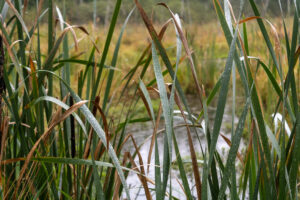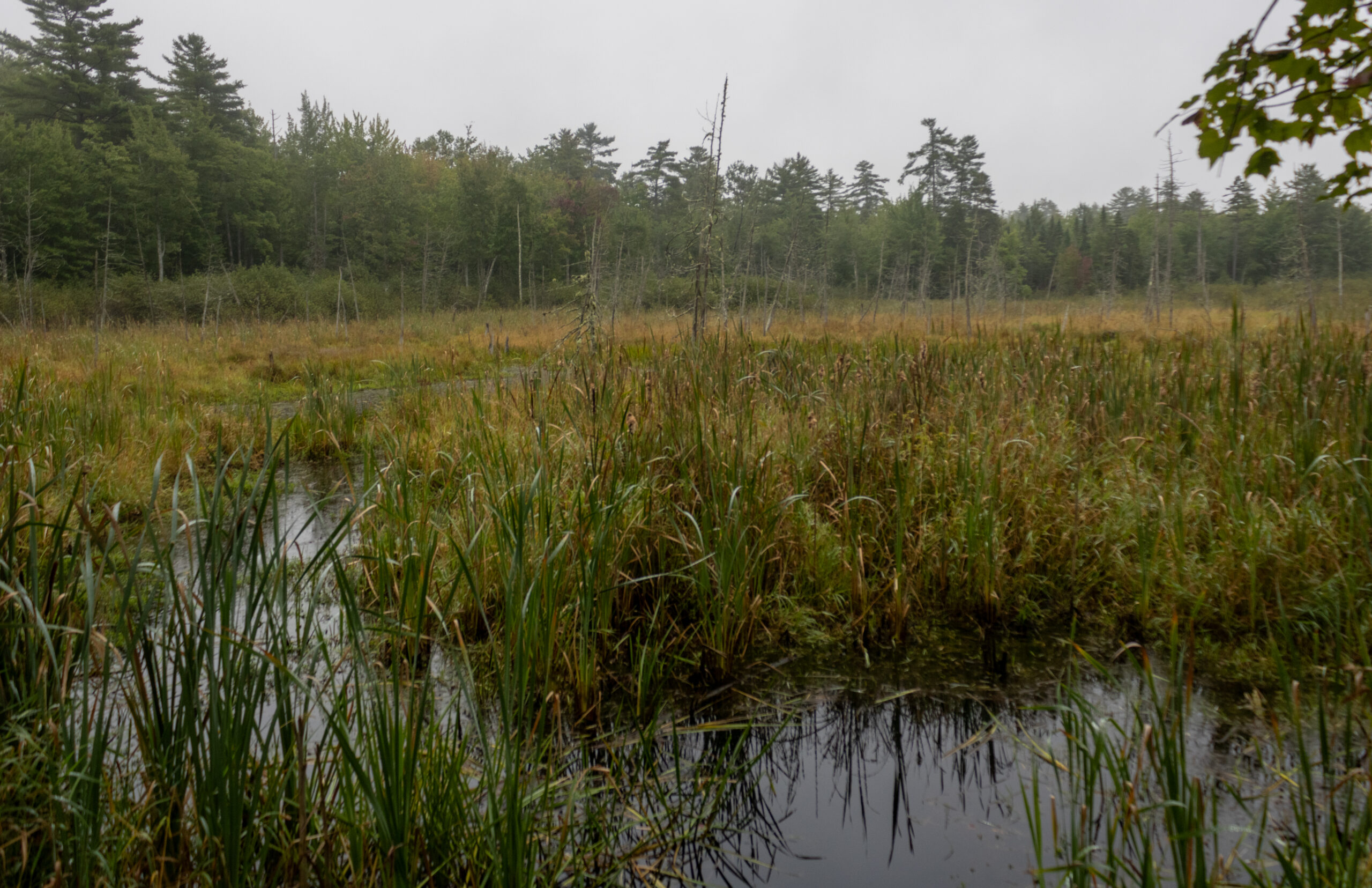Wetlands, a crucial ecosystem that plays a vital role in maintaining biodiversity and ecological balance, are home to approximately one-third of the United States’ endangered species. Since Colonial times, over 20% of Maine’s wetlands have been lost to development, agriculture and silviculture, according to the Maine Department of Environmental Protection. Today, this ecosystem still faces severe threats from human activity, such as habitat fragmentation, pollution, water level changes, and invasive species.
Marshes serve as critical transition zones between land and sea. They provide habitat linkages for various plants and animals, contribute to erosion control systems, storm surge protection, and water quality maintenance, and support commercial and recreational activities.
The Marsh ecosystem demands urgent attention and conservation efforts. Understanding their threats and recognizing their ecological, economic, and recreational significance is crucial for fostering a collaborative response to aid in their preservation.
On Monday, Jan. 29, a lecture in Norman Smith Hall, also accessible through Zoom, discussed the critical aspects of wetlands in Maine. The event featured Chris Fuert, who lectured on wetland conservation and touched on the “Marsh for Maine’s Future” project.
The project was presented as a part of the University of Maine’s sustainability talk series and emphasizes the Mitchell Center’s goal to enhance collaboration between Maine Universities and communities to foster a sustainable future.
Fuert taught environmental studies at the University of New England for two decades, sharing her passion for marshes and their conservation. She painted a vivid picture of 22,000 acres of salt marshes in Maine with a visual slideshow.
Drawing from her extensive experience as an educator and park ranger, Fuert emphasized the importance of collaboration. She spoke of her transition from a lab setting to studying the environment on the coast of Virginia for 10 years, gaining insights into productivity, longevity, and barrier island ecology.

Fuert’s journey eventually led her to Maine, where she studied estuaries and coastal watersheds for her Ph.D. Fuert then shared insights from her work at the Wells Reserve, which aims to develop regional resilience plans for 10 different regions in Maine.
The lecture highlighted her work on “The Marshes for Maine” project. The team’s latest initiative is a grant-funded effort to implement geospatial tools in marsh conservation. These tools include a wetland synthesis geonarrative, a restoration decision matrix and a marsh lifespan calculator.
Feurt emphasized the importance of the project in building on the legacy of past initiatives and collaborating across scientific disciplines, in this instance, geology and ecology. Her team’s ultimate goal is to identify potential conservation areas, evaluate restoration strategies and develop projects using nature-based solutions.
She concluded with an engaging Q&A session, addressing various topics from the lecture. As a final farewell, Feurt welcomed anyone interested in visiting the Wells Reserve for a tour of the marshes to experience their work firsthand!
This talk marked the beginning of a series of lectures that are scheduled every Monday in the Spring semester where various experts can share their insights on sustainability. All lectures are available on the Mitchell Center’s YouTube channel.








